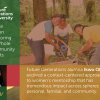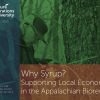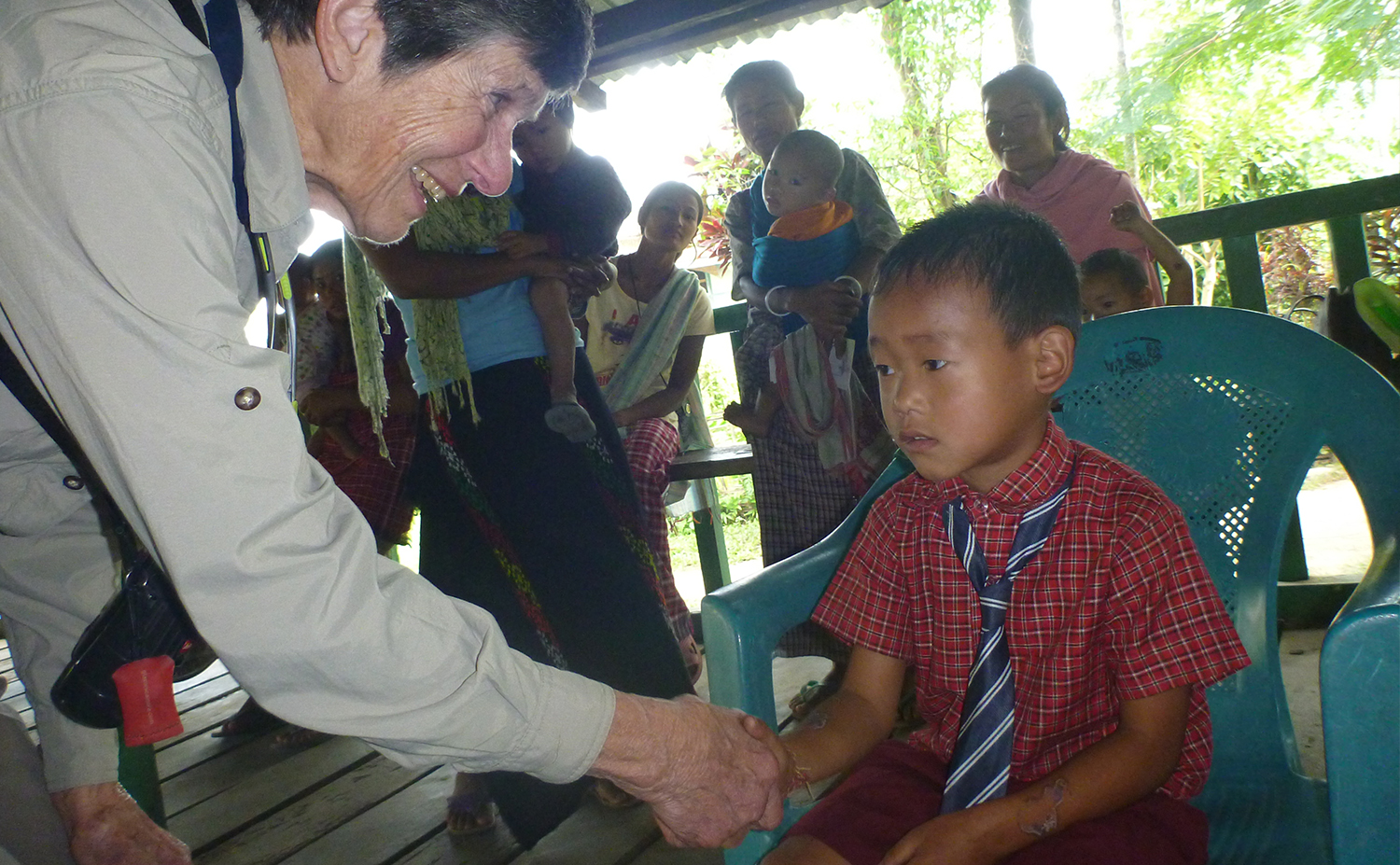
Women’s Transformative Journey
in Arunachal Pradesh
Broken free from chains of oppression, women become catalysts for change.
The success stories of Future Generations Arunachal’s historical work exemplify a transformative journey toward women’s empowerment and community development. From the liberation of women who were once constrained by societal norms to the establishment of over 60 women’s groups dedicated to spreading awareness and fostering local empowerment, the impact of these initiatives reverberates across the state.
Through mobilization efforts, human rights advocacy, and innovative programs like savings and microcredit initiatives, women have not only broken free from chains of oppression but have also become catalysts for change, initiating businesses, providing vital social services, and inspiring future generations. These stories stand as testaments to the power of grassroots movements in shaping a brighter, more inclusive future.
Through mobilization efforts, human rights advocacy, and innovative programs like savings and microcredit initiatives, women have not only broken free from chains of oppression but have also become catalysts for change, initiating businesses, providing vital social services, and inspiring future generations. These stories stand as testaments to the power of grassroots movements in shaping a brighter, more inclusive future.
Martin Maniya didn’t trust
Future Generations Arunachal Program
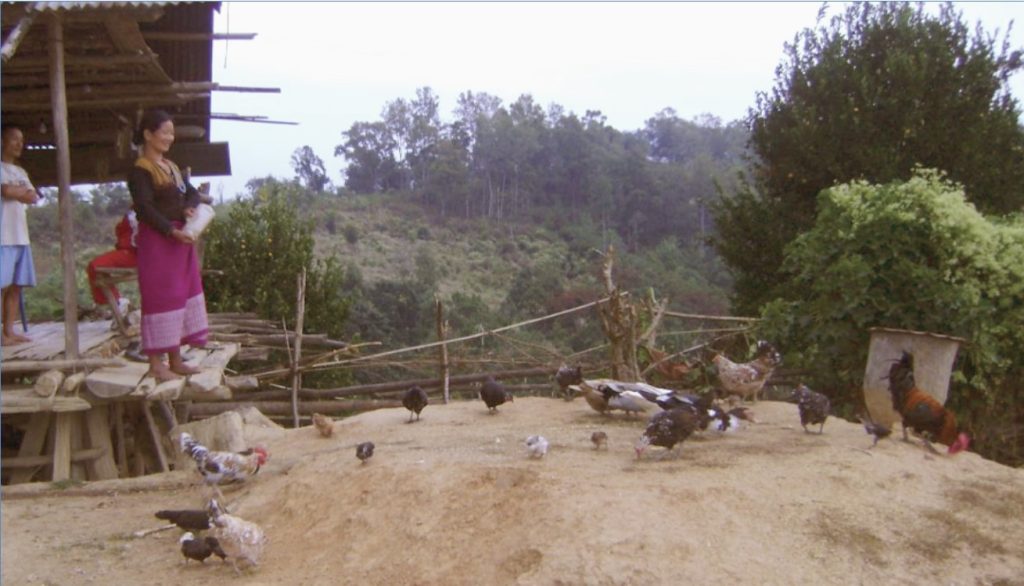
Together with her husband, she protested University representatives conducting surveys in their village, convincing many Komp Village community members that it was foolish to believe strangers traveling 20 km through the jungle path to take pictures of their homes and talk to locals.
Curiosity got the better of Martin Maniya though. She snuck into FGA’s Women Only Workshop (WOW) offered at Kuch-Kuth Village and stayed for the five-day training. What she learned changed her perspective, and she, in turn, convinced her husband and three mothers in her village. With the support of these strong community leaders, a mother’s group was formed that introduced safer antenatal and postnatal care, complete child immunizations, good sanitation of the household as well as village, and the importance of horticulture for health and culture. Today, Martin Maniya and her husband continue to coordinate village welfare committees and cultivate large-scale cardamom and orange trees to benefit the community.
Curiosity got the better of Martin Maniya though. She snuck into FGA’s Women Only Workshop (WOW) offered at Kuch-Kuth Village and stayed for the five-day training. What she learned changed her perspective, and she, in turn, convinced her husband and three mothers in her village. With the support of these strong community leaders, a mother’s group was formed that introduced safer antenatal and postnatal care, complete child immunizations, good sanitation of the household as well as village, and the importance of horticulture for health and culture. Today, Martin Maniya and her husband continue to coordinate village welfare committees and cultivate large-scale cardamom and orange trees to benefit the community.
If Future Generations Arunachal could have come earlier,
11 of my children would have lived
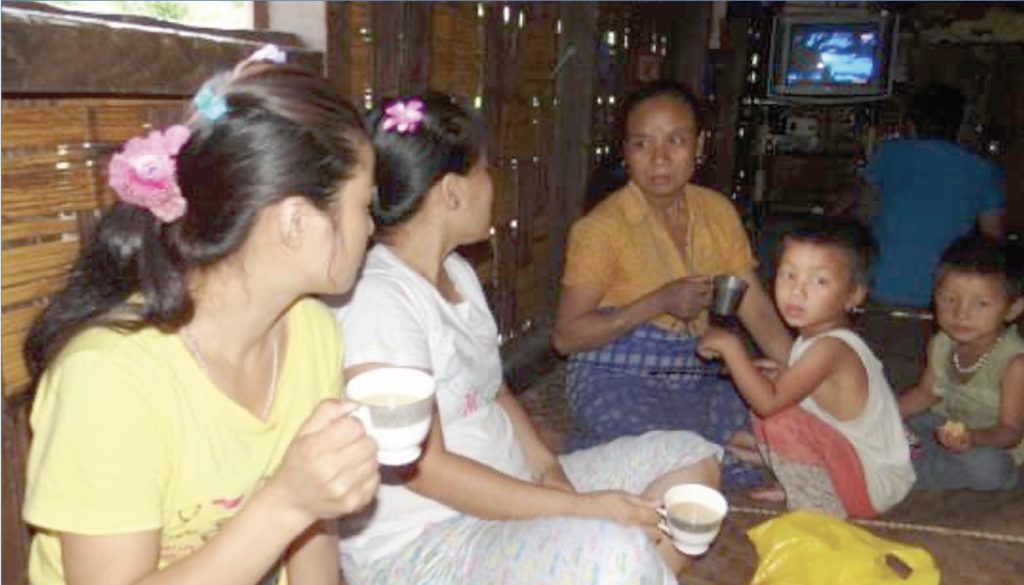
Mrs. Toko Eyha’s story is one of resilience and transformation despite facing immense challenges from a young age. Married off at just 10 years old according to the traditional system of the Nyshi in Arunachal Pradesh, she endured hardships as an orphan and struggled, unprepared for marriage without the knowledge of family planning or maternal care. Despite giving birth to 15 children, only 4 girls survived due to the lack of access to proper healthcare and education. However, her life took a turn when she became involved as an Accredited Social Health Activist cum Village Welfare Worker in 2009, attending various training sessions. It was during a 2012 training by Future Generations Arunachal that she had a profound realization about the preventable causes of her children’s deaths, expressing, “If FGA could have come earlier, my 11 children would have been alive!” She now dedicates herself to serving as a Village Welfare Worker, advocating for improved healthcare access in rural areas, and empowering mothers with the knowledge to save their babies through simple prevention activities. Her story underscores the critical importance of education and community support in breaking the cycle of adversity.
Mary won the first battle against the school system that oppressed women for generations and her fight continues
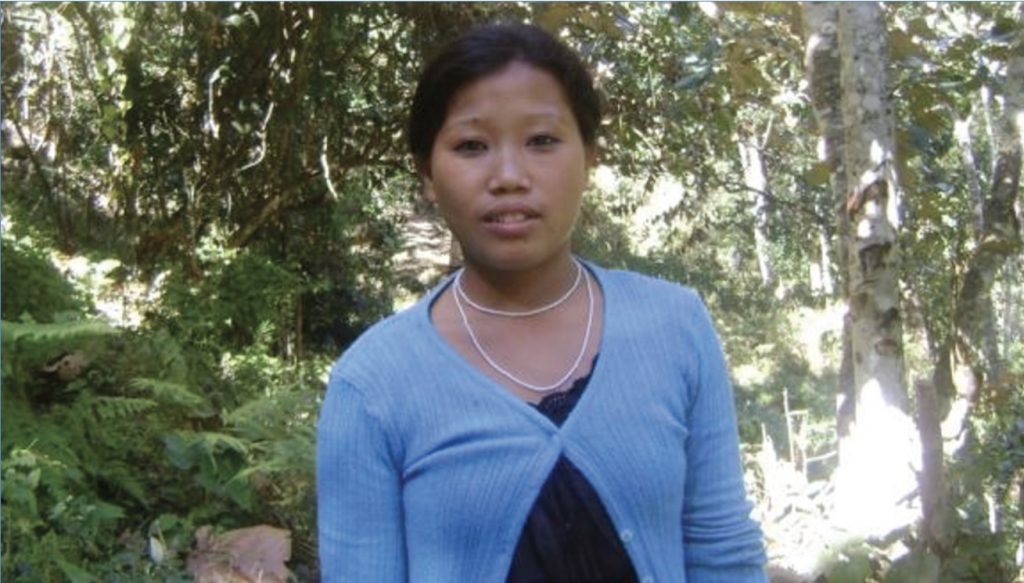
Mary’s journey is one of extraordinary courage and resilience in the face of entrenched societal norms and oppression. Forced into marriage at the tender age of 10, Mary endured years of hardship and abuse, denied the opportunity for education and autonomy. Despite her struggles, she never lost sight of her dreams, tirelessly advocating for her right to education and freedom from a forced marriage to an older man. Her encounter with the Women’s Action Group formed by Future Generations Arunachal provided her with much-needed support and encouragement, empowering her to challenge the status quo. With unwavering determination, Mary navigated through legal battles and societal pressure, ultimately securing her right to education and the freedom to choose her own path. As she bravely stepped into the classroom on her first day of school, she not only fulfilled her lifelong dream but also emerged as a beacon of hope for countless others trapped in similar circumstances. Mary’s story exemplifies the transformative power of resilience, solidarity, and the unwavering pursuit of justice.
Women’s Action Groups are united with each other and function in harmony
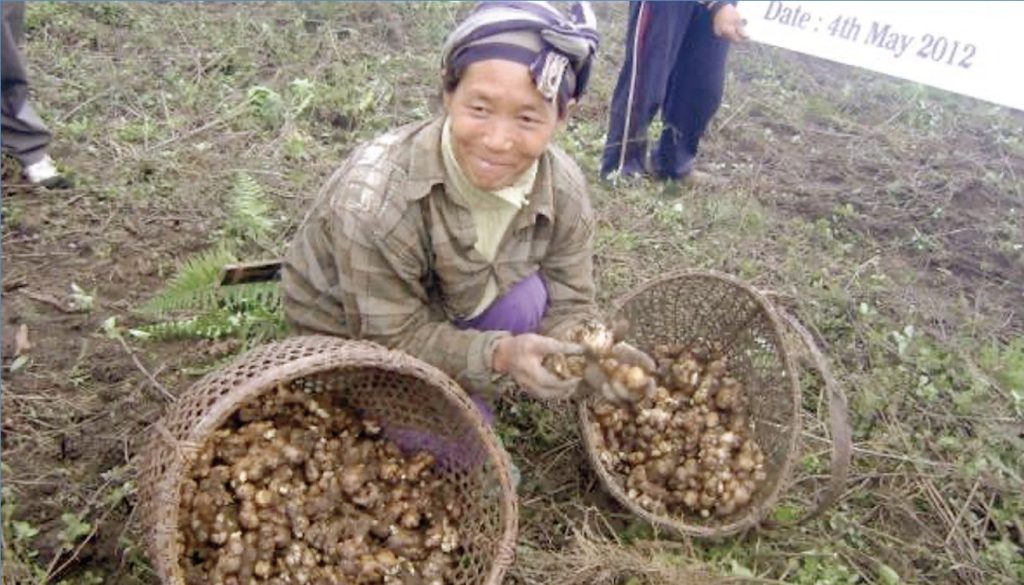
The story of the women’s action groups (WAGs) formed in August 2009 is a testament to the transformative power of collective action and empowerment. With a humble beginning of collecting membership fees and engaging in social development activities like village cleaning and water tank maintenance, these groups quickly evolved into dynamic agents of change. Through their concerted efforts, they ventured into cash crop production, including ginger, vegetables, maize, pumpkins, and peas, significantly augmenting their income and economic independence. Their commitment to financial sustainability is evident in their meticulous management of group funds, investment strategies, and transparent record-keeping practices. United by a common goal and unwavering solidarity, these WAGs have not only fostered economic resilience but also preserved and celebrated their cultural heritage through traditional dress and dance performances, today, more than 60 functions still. Their journey exemplifies the potential for grassroots initiatives to catalyze meaningful socio-economic progress and pave the way for a brighter future for themselves and future generations.
In the Women Only Workshop, I learned how I can change my life, save my baby’s life, and live with confidence
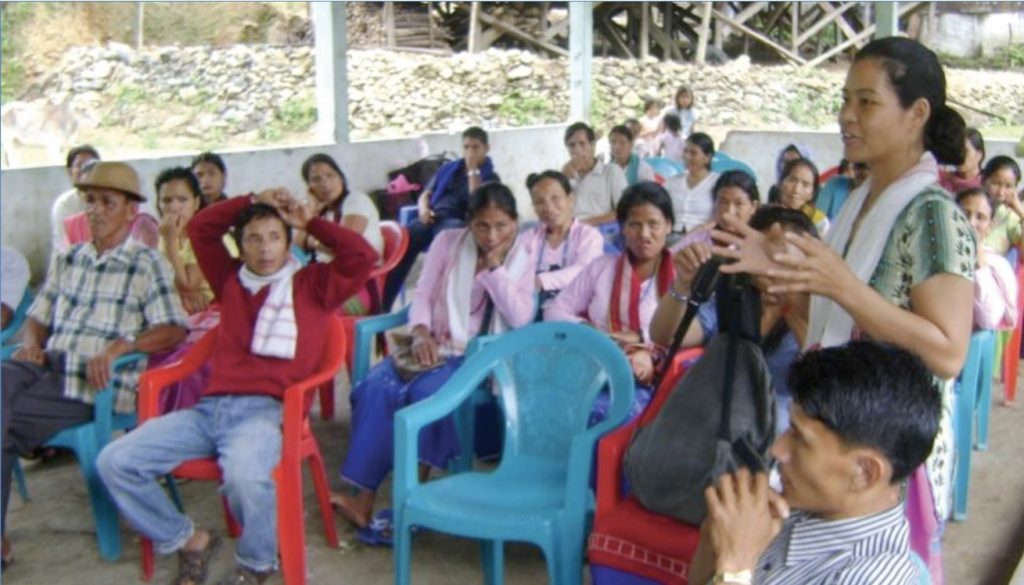
The story of Rina village is a testament to the transformative impact of community empowerment and education. Initially secluded and lacking in resources, the villagers had little awareness of health, hygiene, or sustainable development practices. However, with the intervention of Future Generations Arunachal, led by dedicated staff members, a ray of hope emerged. Through Women Only Workshops (WOW) and exposure visits, the women of Rina Village gained invaluable knowledge and skills in maternal and child health, community development, and group organization. Despite initial skepticism, they persevered in forming Women Action Groups (WAGs) and initiating social development activities like sanitation improvements, environmental awareness programs, and income-generating projects utilizing local resources. Their efforts not only transformed their own lives but also inspired neighboring villages and garnered recognition from government officials. Today, Rina Village stands as a beacon of sustainable development, with empowered women leading the charge for positive change.
(Visited 337 times, 1 visits today)
